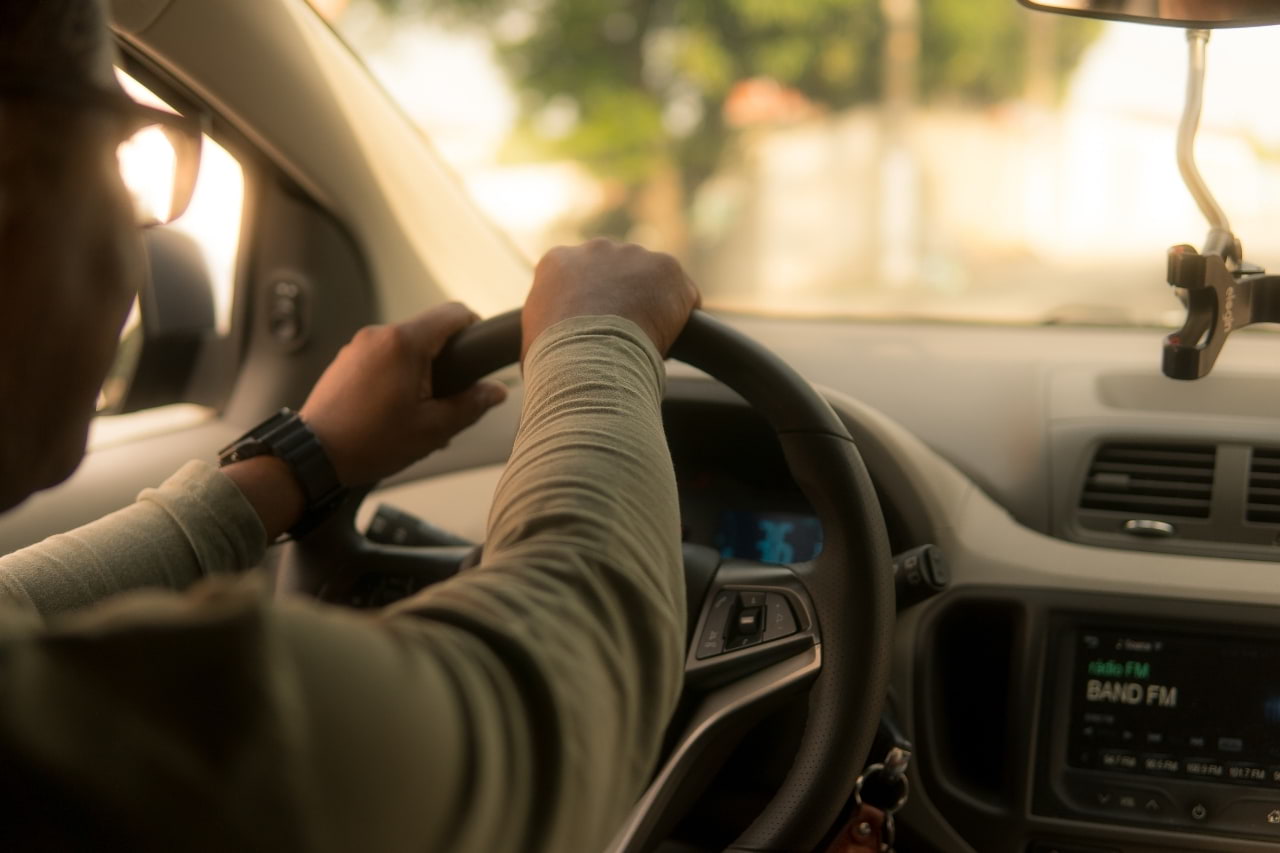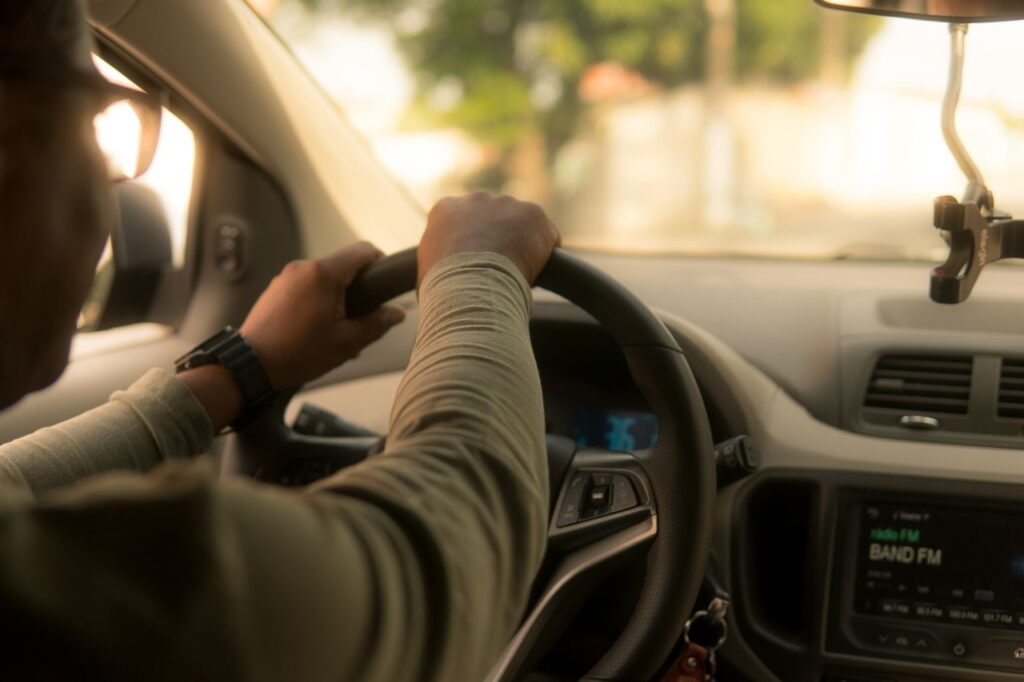The bustling state of New York has made driving for a rideshare company such as Uber or Lyft something of a mainstay in the emerging gig economy, providing an excellent source of supplemental (or sometimes even primary) income. When you’re a driver for a rideshare car service, you have a lot of responsibility as the steward of your passenger’s journey from Point A to B. While you are undoubtedly a safe driver, there’s always the looming possibility that something beyond your control could happen to lead to an accident. Sure, you’re responsibly insured, but exactly whose insurance covers what if you get into an accident while on the job? Let’s delve into some quick details of where the responsibility lies when an accident takes you by surprise.
What Your Personal Car Insurance Policy May Cover
According to the Department of Motor Vehicles of New York, you are required to carry an automobile liability insurance policy for your vehicle. At a minimum, it needs to supply liability coverage for at least:
- $10,000 in property damage from a single accident
- $25,000 for bodily injury / $50,000 for the death of a person in an accident
- $50,000 / $100,000 for the same as above, but when 2 or more people are involved in the accident
Of course, you can always opt to purchase more coverage than the bare bones of just liability. Having a comprehensive coverage plan for your vehicle could be massively beneficial, especially regarding damages to your car taken while on the job (more on that down below). Whichever option you go with, as a rideshare driver your personal policy could cover you anytime you are “off-duty.” Until you turn on your app to become available for accepting fares, Uber/Lyft’s rideshare coverage policies will not be in effect.

What Your Employer May Cover
As a New Yorker, your state has your back! State government regulations require Uber and Lyft to provide insurance coverage for their drivers while they are working. Once you start using your rideshare app, Uber/Lyft insurance coverage begins to apply. The amounts covered can vary depending on which company you work for and which stage of a fare you’re currently in. Let’s break it down.
While waiting for a fare, Lyft will cover $50K/person for bodily damage (or $100K/accident in bodily damage) and $25K for property damages. Uber’s coverage amounts mirror Lyft’s. Once you accept a fare’s request for a pick-up, coverage increases significantly. Both companies offer $1M in third party auto liabilities (bodily damage to you or your passengers, as well as other parties in separate vehicles involved in the accident), uninsured/underinsured motorist bodily injury, and contingent comprehensive/collision. This last part pertains to reimbursement for damages to your vehicle and is contingent on a few things. To be reimbursed for the total cash value of your car you’ll need to have a comprehensive personal auto insurance policy AND meet a deductible of $1K with Uber or $2.5K with Lyft. This is where paying a little extra for the comprehensive coverage could pay off, so consider ponying up a little extra for some peace of mind.
The Bottom Line
The nature of rideshare driving dictates that your vehicle is at a higher risk of being in an accident than it would be otherwise. When your car is your means of making income, insuring it against accident damage is vital. Thankfully, by working for Uber or Lyft, this responsibility can be shared while on the job, letting you focus on helping your customers move around the world a little bit more safely.

